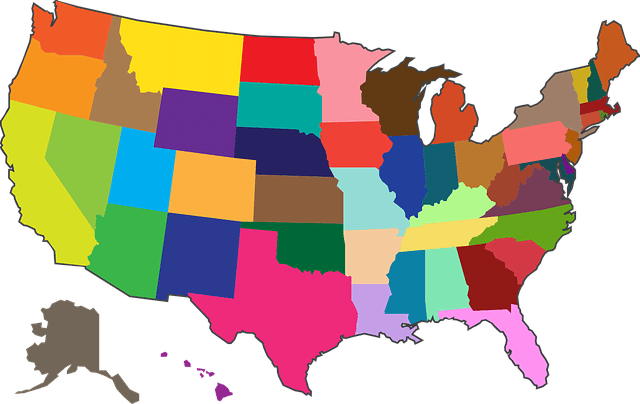Got questions about open enrollment? Here are the answers to common questions.
In the United States, there are strict regulations about health insurance. The government has ruled not only for plan providers but also for the people enrolling in plans. One of these is open enrollment, which is the only period in a year when people can start, stop, or change their health insurance plan.
As a quick recap, the ACA once required nearly all Americans to get themselves insured; but Congress decided to eliminate the individual mandate penalty in 2017, and as a result, the number of Americans without health insurance rose by about 2 million in 2018, according to the annual U.S. Census Bureau.
This is one of the main reasons why a growing number of states have implemented their mandate as of 2021. States that have done this include California, Massachusetts, New Jersey, Rhode Island, and Vermont. Washington, D.C. has also implemented an individual mandate.
Through the individual mandate, certain citizens are required to buy a health insurance plan for themselves.
Due to several states implementing their mandate, people should also be aware of open enrollment, as they cannot obtain their plan coverage once they miss the dedicated period for a certain year.
For instance, missing the open enrollment means you cannot score annual coverage unless you qualify for a Special Enrollment Period. People who qualify for state-federal programs designed for people with limited incomes or disabilities are also allowed to enroll at any time of the year.
Are you still confused about open enrollment? We’ve got you covered!
Here are the things you need to know about open enrollment —whether you missed it or not!
The open enrollment deadlines vary by state

Open Enrollment Pay attention to your state’s rules
However, some states had a different open enrollment period. Meaning plans of those who bought in the states with later open enrollment deadlines would also start on a later date.
This is the right time to make changes to your current plan

The ideal time to change your plan
During open enrollment, people were given a chance to re-evaluate their existing marketplace health insurance plan before it gets renewed.
You should know if your plan provider will make changes to their network, copays, co-insurance, or drug coverage.
On the flip side, your provider is also required to send you a notice of any changes it will make, allowing you to see if your plan no longer matches your needs.
If you missed open enrollment, you need to wait for a year to sign up
People must be informed about the deadline for open enrollment, as they won’t be able to sign up for coverage if they miss open enrollment. Meanwhile, those people who missed open enrollment , but are qualified for a special enrollment period are an exception to this rule.
Here are the things that might trigger a special enrollment period:
- Divorce
- Marriage
- Turning 26 and leaving your parent or guardian’s plan
- Birth or adoption of a child
- Death of a spouse leaving you without coverage
- Your spouse or partner whose insurance plan you are on loses their health insurance.
- You lose your job and, with it, your health insurance
- Your hours are cut, making you ineligible for your employer’s health insurance plan
- You are in an HMO and move outside of the covered area
You have a choice of four levels of individual health insurance plans
During the open enrollment, the health insurance marketplace was divided primarily into four plan categories:
- Bronze – highest out-of-pocket expenses for services (lower premiums)
- Silver – lower cost-sharing than bronze
- Gold – lower cost-sharing than silver
- Platinum – least out-of-pocket expenses for services (higher premiums)
But no matter the level of your plans, it should cover the following:
- Outpatient care, including chronic disease management
- Emergency care
- Hospitalization
- Pregnancy and newborn care
- Mental health and substance abuse services
- Prescription drugs
- Rehabilitation services and devices
- Lab tests
- Preventive and wellness services
- Dental and vision care for children
Short-term plans are available at much lower costs
Short-term plans used to be exclusive for young people or those who could not afford any coverage. However, in open enrollment, these plans were made available to all.
Just keep in mind that you pay little upfront for short-term plans because they have low premiums. In addition, if you need healthcare services, a short-term plan might provide little coverage.
These are just the basic facts you need to know about open enrollment. And as the new open enrollment period approaches, make sure to read all plans to get the perfect match for your needs.
See Also:
What is a health insurance premium
